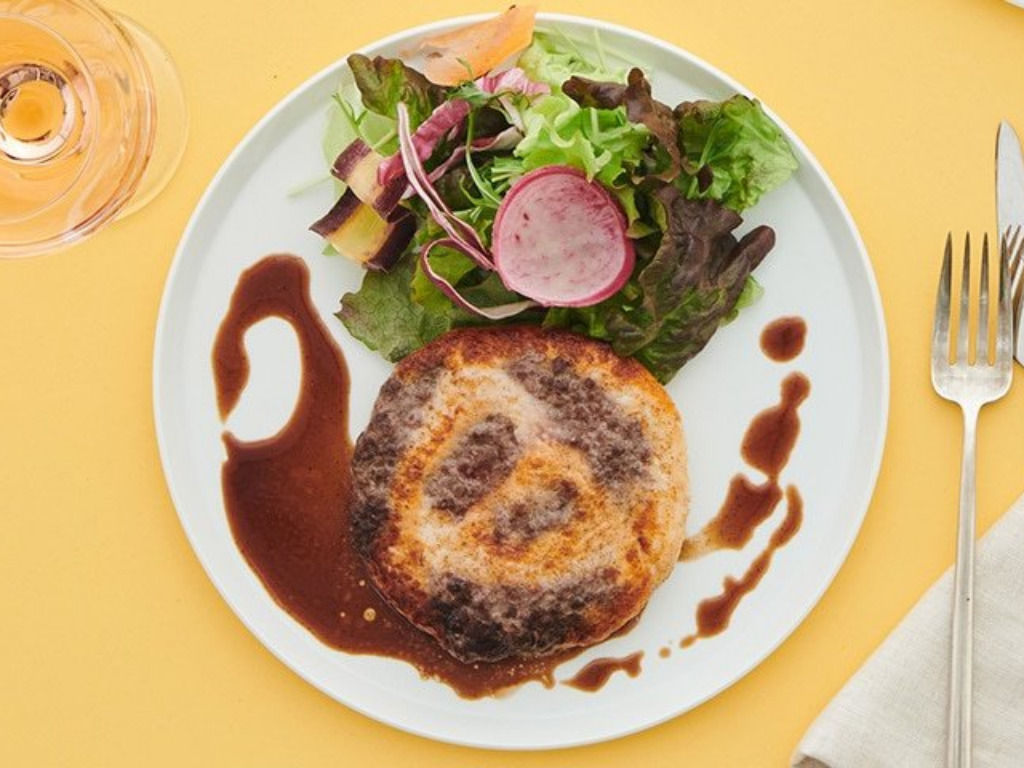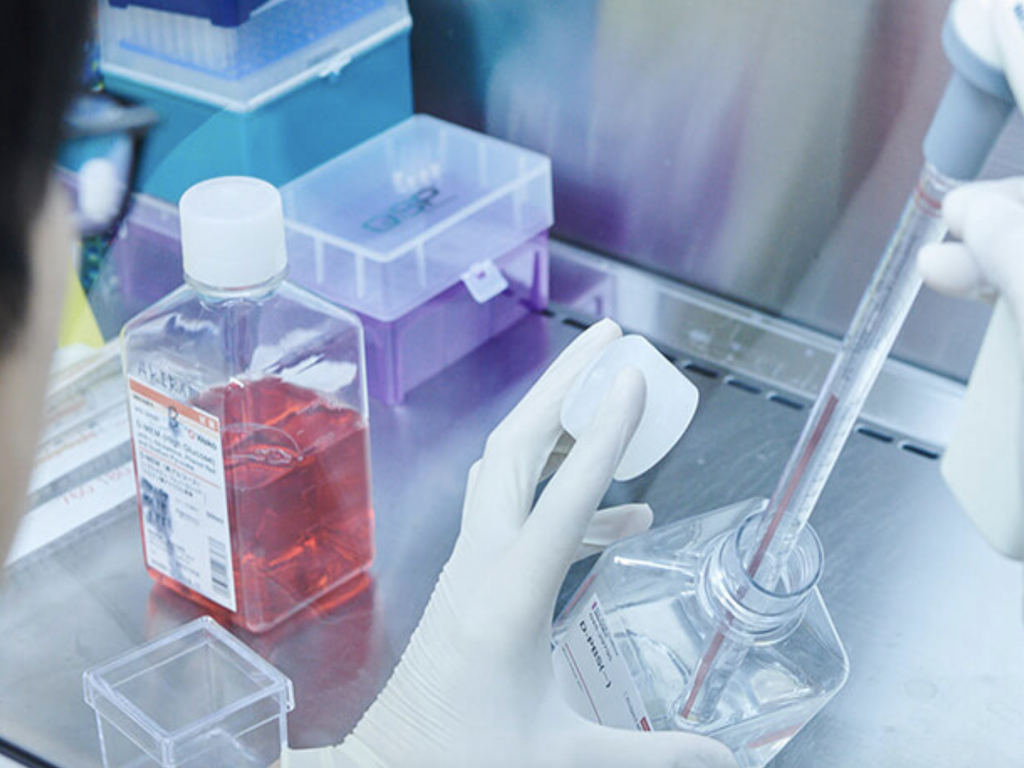A Joint Venture Between APAC-SCA and JACA Will Boost Japan’s Cellular Agriculture Industry
3 Mins Read
The Asia-Pacific Society for Cellular Agriculture (APAC-SCA) and the Japan Association for Cellular Agriculture (JACA) have solidified a partnership through a Memorandum of Understanding (MoU).
The new MoU aims to boost the growth of cellular agriculture across Japan and the broader Asia-Pacific area.
“Establishing long-lasting ties with key stakeholders and other associations regionally and globally is a key asset in the strategic development of the industry for APAC-SCA,” Peter Yu, Program Director APAC Society for Cellular Agriculture, said in a statement.
“Through this MoU we reverberate the message and necessity of a key tenet of the industry – global collaboration,” Yu said.
Collaborating on cell agriculture
Through the agreement, JACA will have enhanced access to the global cell-cultured industry network. Concurrently, the APAC-SCA will increase its role in guiding regulatory progress in Japan. Both bodies are set to collaborate on endeavors like knowledge dissemination and the formulation of a risk communication strategy for their members.

JACA, an industry-academia-government collaboration, has been working to create rules for production and distribution of cell-based food products, such as cultivated meat, egg, and dairy throughout the country.
Last month, it convened close to 150 stakeholders from the Japanese Parliament, government officials from Japan and abroad, industry associations, member companies, academia, and media representatives to build a consensus around the necessary measures for food safety requirements in the cultivated food sector as well as methods to protect Japanese farmers’ rights on branded-animal cells such as “Wagyu.”
During the event, Megumi Avigail Yoshitomi, Representative Director of JACA, stressed that “Japan should leverage its global presence in food and regenerative medicine area to show its presence in cellular agriculture field.”
Japan as a cultivated protein hub
The MoU follows the February announcement from Japan’s Prime Minister, Fumio Kishida, who said the country is moving toward developing a cell-based agriculture industry focused on cultivated meat and fish to help reduce the country’s carbon footprint.

According to the industry think tank GFI APAC, it is currently possible to sell cultivated meat in Japan, depending on the interpretation of existing laws.
GFI APAC says that regulatory opening puts Japan in a position to become a world leader for cultivated meat and attract attention from international cultivated meat startups. The framework being developed through the recent MoU and the government’s plan will help move the sector forward.
The cellular agriculture industry is moving closer to seeing more deregulation. Currently, only Singapore’s Food Agency has approved cultivated meat for sale. But last week, two California cultivated meat producers, Eat Just and Upside Foods, announced they had received label approval from the USDA — the final step before the agency grants full approval to begin production and distribution across the U.S.



